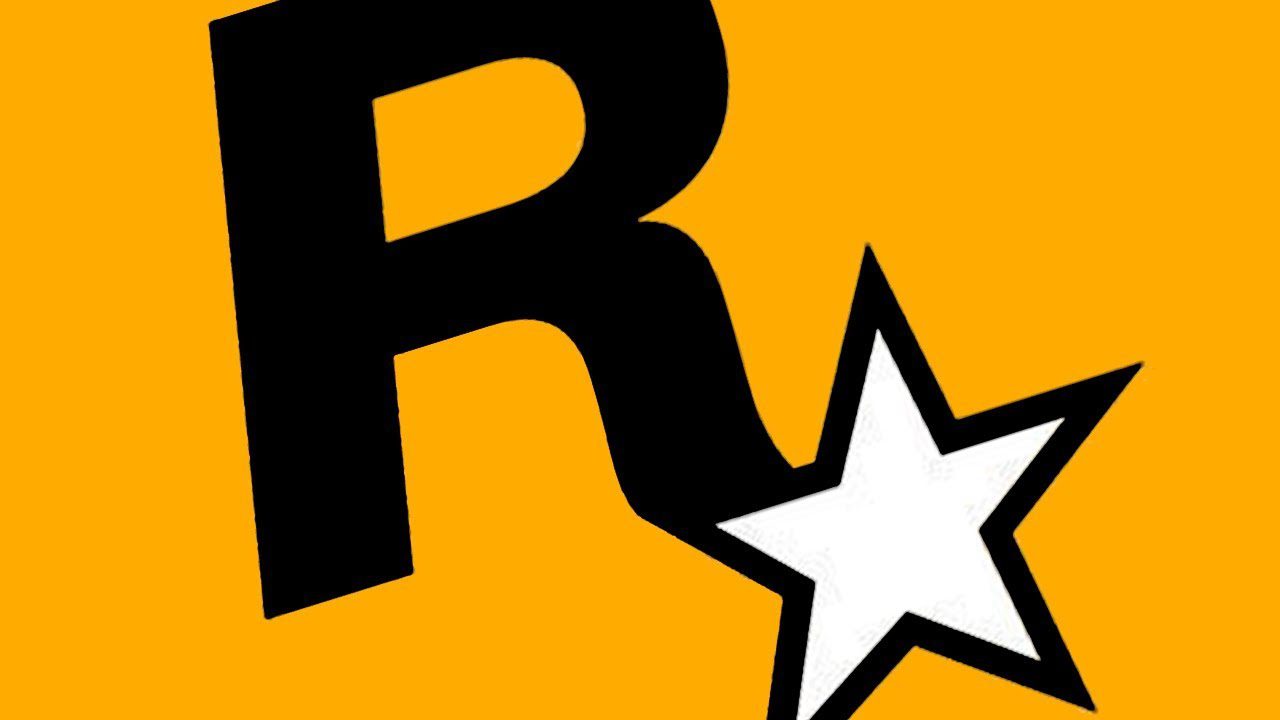May have done so for nearly a decade.
Rockstar is best known for their Grand Theft Auto and Red Dead series. But to investigative think tank Tax Watch UK, they’re significant for their tax evasion. According to Tax Watch UK, Rockstar paid absolutely no corporate taxes between the years of 2009 and 2018. Moreover, Rockstar North (based in Edinburgh, Scotland) claimed £70m of tax credits from Her Majesty’s Revenue & Customs (HMRC). This in spit of the fact that they led development on Grand Theft Auto V, a game which made over $6 billion US for the company as a whole.
So how’d they do it? Well, Rockstar is owned by Take-Two, a company based in the US. So Rockstar listed its profits outside the UK and declaring a net loss in the UK for that decade-long period. Per Tax Watch UK’s report:
This report also raises questions as to whether an appropriate amount of profit has been allocated to the UK companies involved in the game’s development. Seven active companies based in the UK, using the Take-Two and Rockstar names, declared a total profit before tax of £47.3m in the UK between 2013 and 2018. However, over the same period we estimated the operating profit of games published by Rockstar to be in the region of $5bn.
Despite the minimal allocation of profits to the UK, Take Two interactive placed a substantial amount of value on the work of Rockstar employees, including those based in the UK. These key employees were given the rights to substantial amounts of the profit generated by the company in relation to games released under the Rockstar label.It is our opinion that a more appropriate allocation of profit between the US and UK would have resulted in substantially more profit being allocated to the UK. This would have meant that Rockstar North would not be eligible for a payable tax credit. Instead, Take-Two and the Rockstar companies should have had a substantial tax liability in the UK.
Rockstar did have a loophole for all this, though. The UK does have a tax relief provision that allows developers to reduce their taxes, provided the game in question meets the criteria. Said criteria include the use of British characters, locations, themes, or issues (in other words, culturally British). In addition, it also applies if the game is made in the UK. The games in question are judged by the British Film Institute; which apparently deemed Rockstar’s games as being “culturally British” enough to pass muster, despite their only real qualifier in general being that they’re made in the UK. Tax Watch UK disagrees with that assessment:
The situation is absurd. The large amounts of subsidy that Rockstar North has been able to claim from the UK government demonstrates that the Video Games Tax Credit system is not working as intended. The government should hold an immediate review into its effectiveness.
Furthermore there are serious questions over how the company has been treated for tax purposes in the UK.
Take-Two appears to believe that it is reasonable that close to 100% of the profit should flow to their US based parent companies and senior management, whilst almost no profit flows back to the UK companies involved in either making or selling the game. We do not believe that this division of profits can be justified under the so-called “arm’s length” standard found in international tax law.
There is no evidence that HMRC have challenged this set-up or that Take-Two or any of the individuals named in this report has acted illegally. However, it is open for HMRC to challenge the allocation of profit under the transfer pricing system and we urge them to investigate this case urgently.
To their credit, HMRC told GamesIndustry that several large UK-based companies are under investigation for tax reasons, but wouldn’t comment further than that. Regardless, it seems a large number of these multinational companies have seemingly taken a page from Yoshi’s book:
Source: Gamespot

